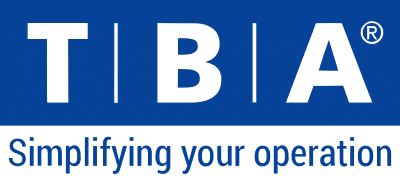
Every year we are in the top 3 of the best law firms in the Netherlands in the field of client satisfaction.


Services provided from another EU member state
The free movement of services means that companies, registered in one of the EU member states, European Economic Union or Switzerland can send their employees for the period of the contract to work in the Netherlands. A work permit is not required for this, regardless of the employee’s nationality.
Service providers can send any of their employees to work in another member state, even employees who are not nationals of any EU member state. This is a generally accepted principle since the European Court of Justice ruled on the arrest of Van der Elst. The Dutch government has however established that it should be notified beforehand, two days before the start of the work undertaken by the employee in the Netherlands. This notification needs to be filed online through the online notification portal with the Sociale Verzekeringsbank (SVB). Non compliance can result in penalties imposed by the Labour Inspectorate. Please click here to read more about the online notification duty and penalties.
Employment
It is compulsory that the recipient of the services, in the Netherlands, request an A1 declaration from the EU service provider. Said EU service provider needs to request the A1 declaration which is valid for 24 months and is issued by the social security offices in the company’s country of origin. The A1 states that social security payments for the employee are made in the employee’s country of residence. It is in the interest of the service recipient in the Netherlands to control the A1 as this ensures that they are not liable for social security payments regardling the employee in question.
A few conditions are applicable. The activities to be undertaken, services provided should be described, be time determined and for a previously agreed upon compensation value.
The employee in question can make a claim against the basic employment conditions established in Dutch law. Namely, a salary according to the generally binding conditions and provisions of the collective labour agreement, rules regarding work and rest time, vacation days and health and safety norms.
























